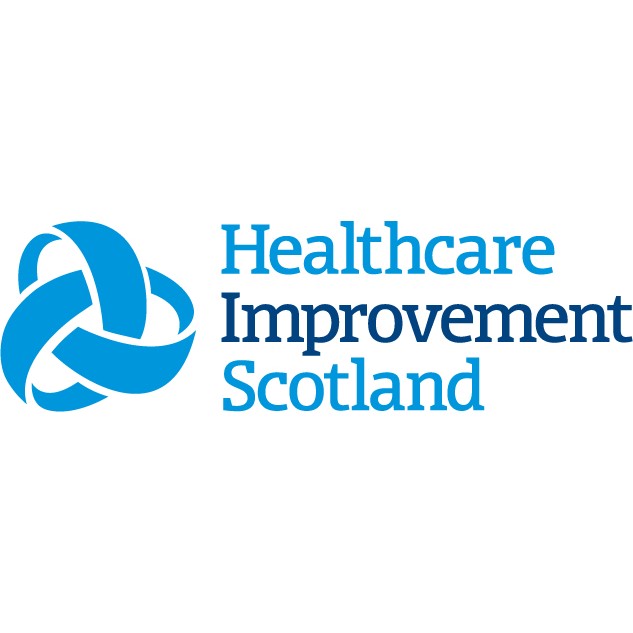Process measures are the things you are going to do to deliver the outcomes you want. They are context specific and depend upon the change ideas being tested and implemented. Teams are asked to develop their own process measures based on the change ideas they are testing locally.
NHS Education for Scotland’s QI Zone has a helpful guide to defining measures and Focus on Dementia may be able to provide tailored advice and guidance on creating local process measures. If you would like advice from Focus on Dementia, please contact us at his.focusondementia@nhs.scot.
Below are some examples of process measures for PDS and care co-ordination change concepts. Select the change concepts that best align to your pathway and priorities for improvement.
Example process measures:
- Number of people with a new diagnosis of dementia.
- Reduce waiting times for PDS.
- Increase the number of people accessing PDS.
- Increase the number of people with a personal plan.
- Increase Link Worker connections and communications with primary care.
Example process measures:
- Increase the number of people (with a dementia diagnosis) with a Personal Plan.
- Improve the quality of Personal Plans.
Example process measures:
- Increase MDT working.
- Reduce multiple points of access.
- Increase engagement with the third sector.
- Increase engagement of people with dementia and carers in planning.
Example process measure:
- Reduce delayed discharges for people with a dementia diagnosis – POA, MDT working.
Example process measures:
- Increase number/percentage of carers with carer support plans.
- Increase number/percentage carer centre referrals.
Example process measure:
- Increase number/percentage of people with dementia with a frailty assessment.
Example process measures:
- Increase number/percentage of staff trained to appropriate levels of the Promoting Excellence Framework.
- Increase number/percentage of staff trained to appropriate levels of the Trauma informed practice: a toolkit for Scotland.

